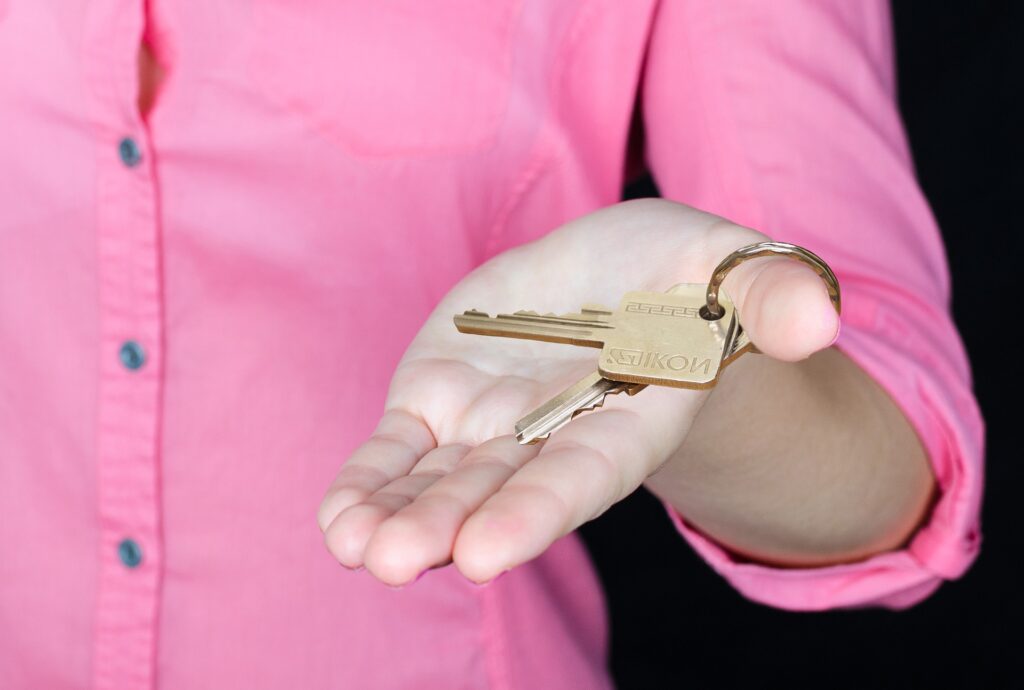
Many landlords underestimate the costs of being a landlord. Landlords have to budget for the ongoing running costs of their property as well as unexpected costs of repairs and maintenance. If you’re considering being a landlord, take a look at the expenses you may face as an owner.
A mandatory cost is an expense you have to pay as a landlord of a property. Here are the mandatory costs that every landlord should expect to pay.
Electrical Safety Inspection/Report
An electrical safety inspection/report provides professional documentation of the electrical installation within a property and highlights whether there are any defects which need rectifying.
Electrical safety inspection and report cost for landlords can be anything from £50 to £500 or more depending upon the number of outlets, condition of the property and type of inspection you are looking for.
Gas Safety Certificate
If you’re a landlord who has gas appliances in your property, then it is your duty to arrangegas safety certificates for all of them. A lot of landlords find the cost expensive, but they have to be arranged in order to ensure everyone’s safety.
The Gas Safety Certificate cost for landlords is a certificate from a gas safe registered engineer. This ensures that the appliances in your rented property are safe to use, and do not pose a risk to the safety of you or your tenants, which can be particularly high if you are renting out student accommodation.
Smoke & Carbon Monoxide alarms
Smoke alarms and carbon monoxide detectors are a landlord’s responsibility. These can come in three different forms, a monthly subscription fee, an annual maintenance fee and the cost of buying and maintaining the alarms.
There is a legal requirement for all private sector landlords to have (and maintain) a working smoke alarm on each floor of their rented properties (excluding any floor that is solely used as an outside space). The law applies to all private sector landlords, regardless of how many properties they own.
Circumstantial costs
If you’re a landlord, in addition to setting the rent and bills, you will also be responsible for various day-to-day costs associated with managing your rental property. These costs are referred to as circumstantial costs and include:
Landlord Insurance
Landlord insurance covers the landlord in case something happens to their property. It includes cover for damage or loss of both the building and its contents.
Landlords can choose a package policy or an individual policy that focuses on specific perils such as fire, theft, water and flooding. Landlord insurance should have a minimum of 3 months’ worth of rent within the landlord’s bank account and be able to support their mortgage payments if they’re hit by an unexpected event.
Tenant Acquisition
Depending on the property on offer, tenant acquisition can be a broad term that covers marketing costs such as brochure printing, adverts and website creation.
Rather than going out and searching for tenants directly, many landlords choose to leave this process to the experts.
Landlord License
Landlord’s license is the category of license that relates to anyone who owns or rents out a property. They are responsible for all civil cases related to their business with regards to providing and renting out property. The landlord is in charge of selling and managing the property, as well as securing any deposits if applicable.
Being a landlord is more than just a hobby, but it can also be profitable. Knowing all the expenses and costs can help you get the best returns. Whether you’re already a landlord or are just about to become one, you’ve got some ideas on what you need to do and how much it may cost.


